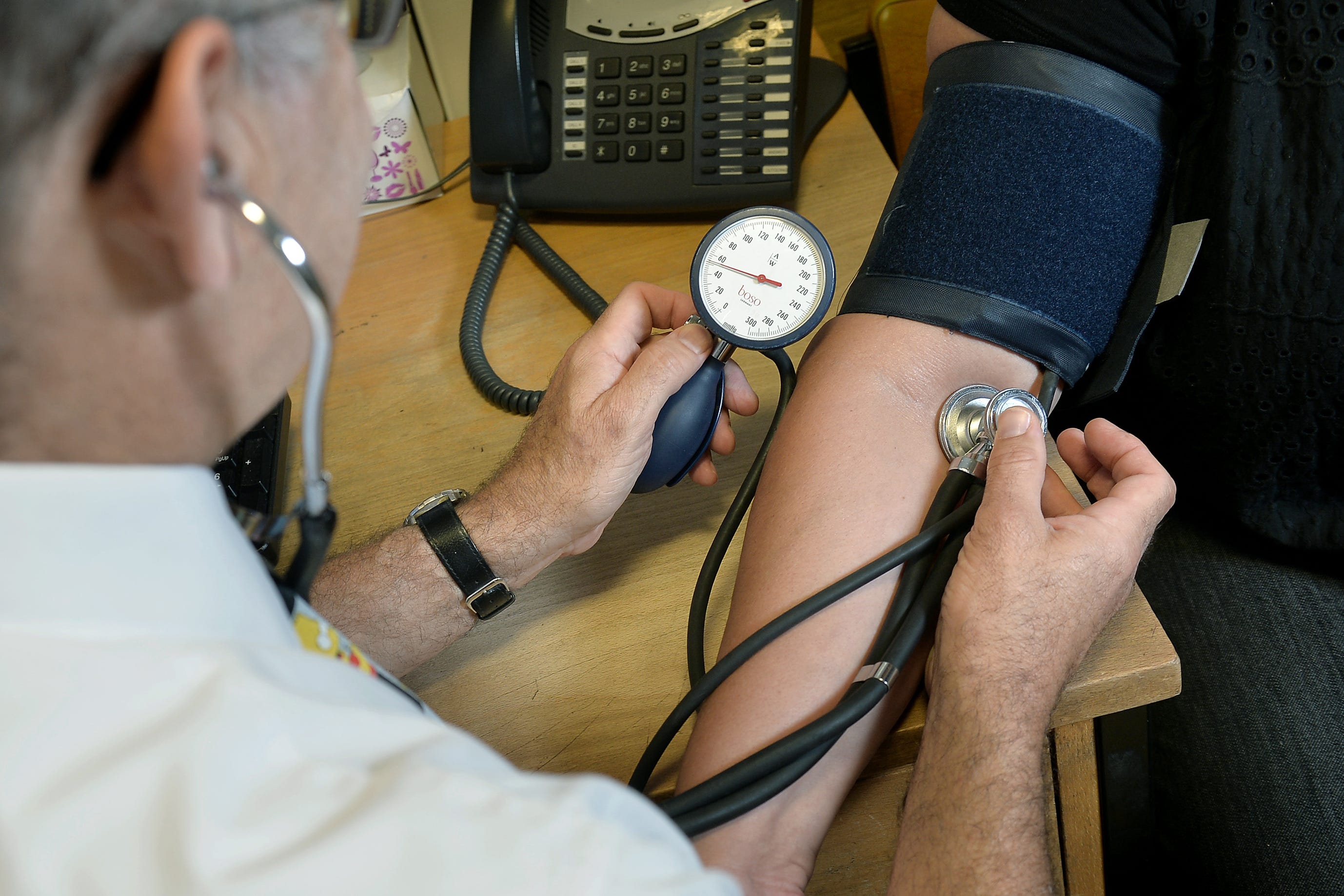Taking medication in line with body clock reduces risk of heart attack
Patients who were ‘morning people’ were less likely to have a heart attack if they took their medication in the morning, the study found.

Your support helps us to tell the story
From reproductive rights to climate change to Big Tech, The Independent is on the ground when the story is developing. Whether it's investigating the financials of Elon Musk's pro-Trump PAC or producing our latest documentary, 'The A Word', which shines a light on the American women fighting for reproductive rights, we know how important it is to parse out the facts from the messaging.
At such a critical moment in US history, we need reporters on the ground. Your donation allows us to keep sending journalists to speak to both sides of the story.
The Independent is trusted by Americans across the entire political spectrum. And unlike many other quality news outlets, we choose not to lock Americans out of our reporting and analysis with paywalls. We believe quality journalism should be available to everyone, paid for by those who can afford it.
Your support makes all the difference.Research has shown that hypertension patients who take blood pressure medication at a time aligned with their body clock have a reduced risk of having a heart attack.
Research conducted at the University of Dundee’s School of Medicine, has revealed a person’s chronotype – the time where they feel most suited to sleeping and being awake, can impact how they interact with their blood pressure medication.
The research was undertaken in conjunction with Helmholtz Munich and a team of scientists from Italy, the UK and the US.
More than 5,000 people from the Treatment in Morning versus Evening (Time) trial completed an online questionnaire that assessed how their body clock is tuned, with about half respondents stating they take their medication in the morning, and the other half in the evening.
Our research has now shown for the first time that considering chronotype when deciding dosing time of antihypertensives - personalised chronotherapy - could reduce the risk of heart attack
Scientists observed that so-called “morning larks” (earlier chronotypes) who took their prescribed blood pressure medication in the morning were less likely to experience a heart attack than those who were “misaligned” and took it in the evening.
Meanwhile, study participants who were “night owls” (later chronotypes) and took their blood pressure medication in the evening were also less likely to be hospitalised for heart attack when compared to those who took their medication in the morning.
The team concluded that respondents who take their medication during the times which they feel more attuned to could be better protecting their hearts.
Dr Filippo Pigazzani, clinical senior lecturer and honorary consultant cardiologist at Dundee University, said: “These results are exciting because they could represent a paradigm shift in the treatment of hypertension.
“Our research has now shown for the first time that considering chronotype when deciding dosing time of antihypertensives – personalised chronotherapy – could reduce the risk of heart attack.
“However, before any patients change when they are taking their antihypertensive medications, our findings first need to be confirmed in new randomised clinical trials of personalised chronotherapy.”
Dr Kenneth Dyar, a circadian biologist from Helmholtz Munich, who helped design the study, added: “We all have an internal biological clock which determines our chronotype – whether we are more of a morning or evening person.
“This internal time is genetically determined and affects biological functions over 24 hours, including gene expression, blood pressure rhythms, and how we respond to medications.
“It’s important for physicians to remember that not all patients are the same. Humans show wide inter-individual differences in their chronotype, and these personal differences are known to affect disease risk”.
High blood pressure (arterial hypertension) has a significant impact on public health.
People with hypertension are more likely than the general population to have a heart attack, stroke, and heart failure.
The authors of the study have stressed that patients should continue taking their medications in accordance with their physician’s advice.